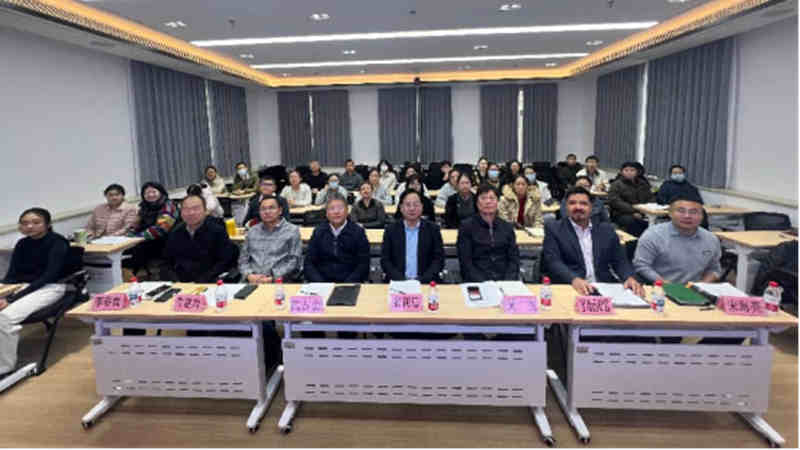Download: 1. Executive Summary![]()
2. Full Text![]()
Since the turn of the 21st century, south-south cooperation has expanded significantly, both in china and in the rest of the world. it has become the focus of attention for governments, the business sector and academics. the study center for south-south cooperation, Nankai university, is issuing a series of studies, the China Development Report on South-South Cooperation 2013, which aim to delineate the overall profile of south-south cooperation, as manifested in cooperation between china and other developing countries, to investigate the salient issues of this cooperation and to identify the strategies pursued by china in this regard.
The present publication is the first study in the series and focuses on the trade relations between china and other developing countries. In subsequent reports, the series will explore bilateral investment relations, followed by china's economic cooperation with and technical assistance to the south. Later reports will approach south-south cooperation from a geographical standpoint, in terms of Asia, Africa,
This report, “trade relations between china and other developing countries”, aims to provide a comprehensive and empirical description of china’s efforts to promote south-south cooperation and to explore in depth its associated national strategies and policies. As the first national report on the issue of south-south cooperation in china, it employs an empirical approach, based on a substantial body of evidence, to illustrate the trade relations between china and other developing countries. It also reflects the views expressed by Chinese academics in response to certain international concerns relating to crucial issues surrounding the trade relations between china and the south, such as environmental impacts, neo-colonialism and the china model.
The report recognizes the importance of china’s focus on south-south trade, investment, and economic cooperation and technical assistance. The south-south strategy which it applies in international trade should be one in which the developing countries play a dominant role. the report suggests that china should open up its domestic market, upgrade its industrial structure, and, by developing a new mechanism for transfers across industries, enable the flow of direct capital and help build the capacities of developing countries.
Li Ronglin
Professor and Director

